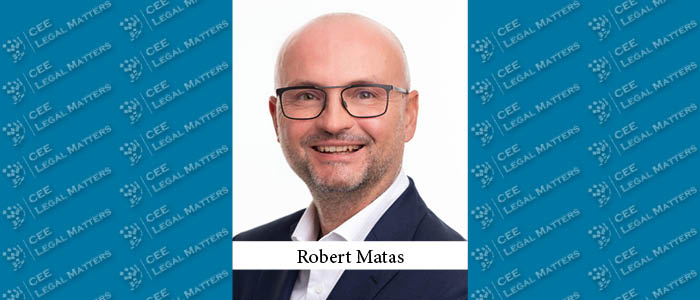A friend of mine, who’s a partner in a Hungarian law firm, told me this week that those of us living in the Czech Republic are “lucky to have a domestic economy.” In making this comment, he was contrasting the Czech situation with Hungary’s relatively high dependence on foreign direct investment (FDI) and to a degree of stagnation affecting his country at the moment.
He got me thinking. It is in fact true that, for a medium-sized European country, the Czech Republic has a very broad economy. There’s the whole range of manufacturing, from heavy engineering to high tech and life sciences, there’s energy and logistics, real estate and retail, banking, food and beverages … the list may get rather long and boring, so I’ll leave it there.
Then there’s the fact that the economy is open and outward-looking. Czech businesses are increasingly looking for business opportunities beyond their own borders. Admittedly, one gap is private equity (few funds are raised locally), but the family offices of high net worth individuals are out there doing foreign deals with the larger corporates and the bold export community.
And there’s FDI into the Czech Republic as well. My firm acts on many deals where international players invest in the Czech Republic, whether directly or via a global or regional deal involving Czech assets. Sometimes our role is limited to due diligence; sometimes we lead. It’s an important part of our business that requires us to invest in particular in relationships with foreign law firms.
Unsurprisingly, the Czech legal market mirrors this picture. (Or, without wanting to tread on any toes, at least the top part of the Prague legal market does.)
All of this is good news. Lawyers get to work in a range of sectors, allowing us to acquire detailed knowledge but with cross-pollination, and our clients take us to interesting places to do interesting deals. (KSB has a number of foreign-qualified lawyers, which makes us export-friendly.) In the CEE and SEE regions my firm is a net exporter of work. It’s fascinating to go to new countries and make new relationships with lawyers there, usually picking the best independent firms to create teams based on ability rather than a common brand.
There are challenges, of course. Everywhere in the world, and most of all in leading markets like London, Paris, and New York, clients want ever better value for money. This is forcing lawyers to learn how to share economic risks with their clients. This requires some empathy, organization, and, increasingly, investment in technology.
Then, especially in newer economies such as the Czech one, owner-managed businesses still tend to choose lawyers based on cost rather than on track record and quality. This has put pressure on costs in a way that has distorted the market and made some race to the bottom. The reality seems only now to be sinking in that, at the bottom, there is very little room for investment, growth, and offering the best to the best talent.
But things are looking up, at least for those who place themselves on the market as professionally conservative and commercially aware and who are, as a result, not always the cheapest option. Such firms are of course in the business of serving their clients; it’s as simple as that. But the background of any successful relationship is balance and respect, including in the area of reward, and I’m glad that is coming more into focus on today’s Czech legal market.
To end on a personal note, being a common law lawyer in a civil law environment has taught me a lot. I think that English and US lawyers are often highly skilled and commercially-minded but may not always think about the law as such. Czech lawyers, in my experience, are always very good on the legal detail. I’ve really enjoyed over the years finding my way around the Czech legal world (together with everyone else when the law was recodified three years ago!), and it made me reflect on the legal concepts used in my own world of English law. That, I suppose, can only have been a good thing.
By Christian Blatchford, Partner, Kocian Solc Balastik
This Article was originally published in Issue 4.5 of the CEE Legal Matters Magazine. If you would like to receive a hard copy of the magazine, you can subscribe here.





























